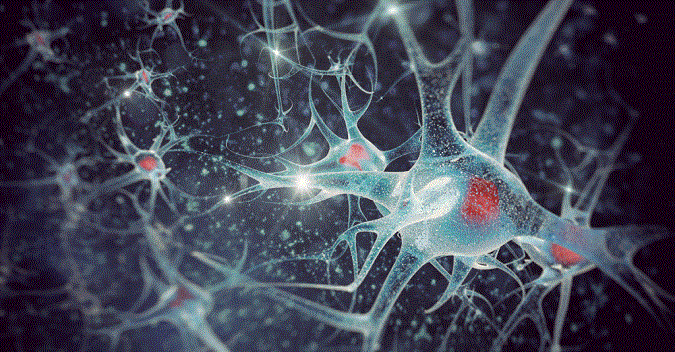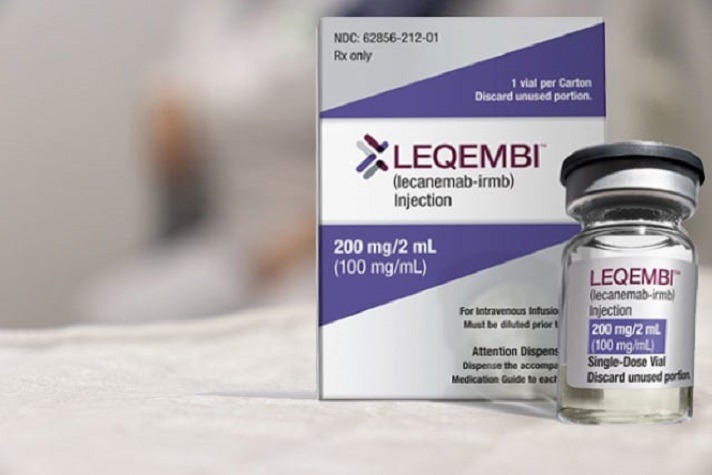Posts Tagged ‘Aduhelm’
On neuroplasticity, cognition, aging, medication, Alzheimer’s, board games, brain teasers, and more
Welcome to a new edition of SharpBrains e‑newsletter, featuring fascinating research findings on neuroplasticity, cognition, aging, medication, Alzheimer’s, board games, and more, plus some brain teasers to get you in great shape for Halloween. #1. Study: Playing board games like Chess, Mahjong, Go, helps slow cognitive decline as we age (but with clear differences in…
Read MoreFour reasons to question “new generation” monoclonal antibody Alzheimer’s drugs such as aducanumab (Aduhelm), lecanemab (Leqembi), donanemab
New Alzheimer’s Drugs Don’t Deserve the Hype (Being Patient): A prominent childhood memory is of my grandparents living with and then dying from dementia. As is universal with dementia, there was a double blow: watching my grandparents lose their identity and seeing the suffering of those closest to them.
Read MoreCMS: anti-amyloid drug Leqembi (lecanemab) doesn’t meet the “reasonable and necessary” standard required for wider Medicare coverage
CMS Sticks to Sharply Limited Coverage of New Alzheimer’s Drug, Leqembi (Managed Healthcare Executive): For now, CMS (Note: Centers for Medicare & Medicaid Services) is sticking to the coverage decision it made for Aduhelm (aducanumab) and applying it Leqembi (lecanemab). The decision limits Medicare coverage of the two Alzheimer disease’s drugs to Medicare beneficiaries who…
Read MoreCould I be wrong? Exploring cognitive bias, curiosity, intellectual humility, and lifelong learning
Welcome to a new edition of SharpBrains’ e‑newsletter, featuring eight timely scientific and industry news plus a few fun teasers to appreciate our unique human brains. #1. Could I be wrong? Exploring research on cognitive bias, curiosity, intellectual humility, and lifelong learning “None of us thinks that our beliefs and attitudes are incorrect; if we…
Read MoreAmyloid-related imaging abnormalities (ARIA) found in approximately 40% of patients taking “Alzheimer’s drug” Aduhelm
Study: Biogen’s Aduhelm Caused Brain Swelling in Over One-Third of Study Participants (BioSpace): Attention is being focused on a side effect of Biogen’s Alzheimer’s drug, Aduhelm (aducanumab). Even before its controversial approval on June 7, there were cases of amyloid-related imaging abnormalities (ARIA‑E), or cerebral edema, observed in the trials.
Read MoreOn physical activity, neuroplasticity, depression, screen time, neuromodulation and more
Welcome to a new edition of SharpBrains’ e‑newsletter, featuring this time eight scientific reports and industry resources plus a few fun brain teasers. #1. Study finds ultimate hack to protect teen brains from harmful screen time: Exercise (and good role-modeling): “Girls who spent less than an hour on screens and boys who spent less than…
Read More





